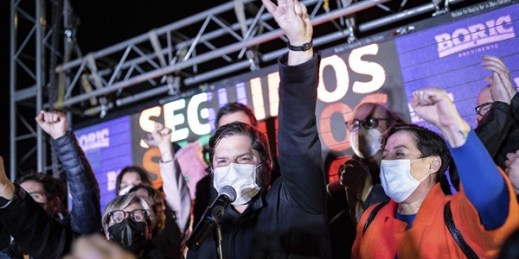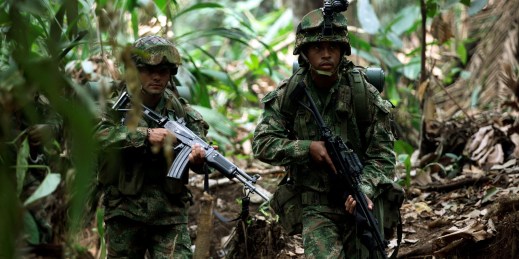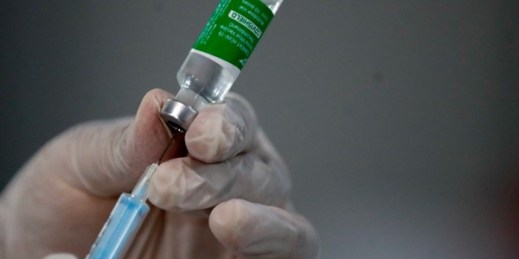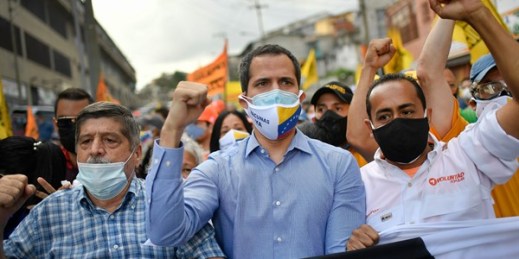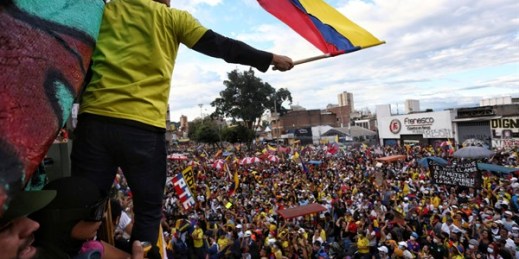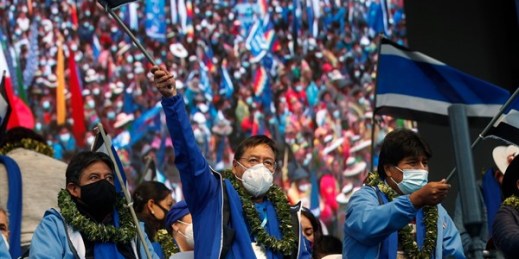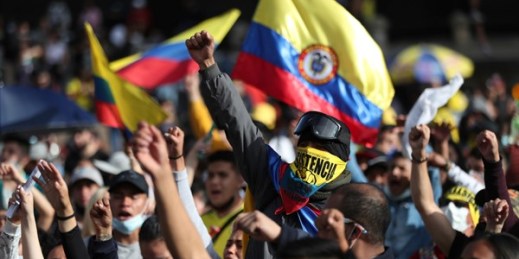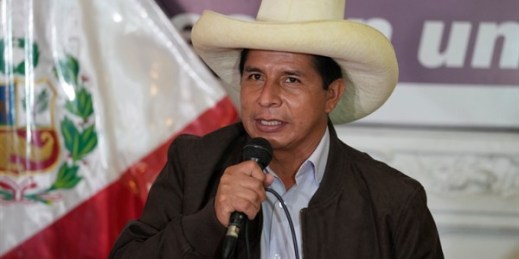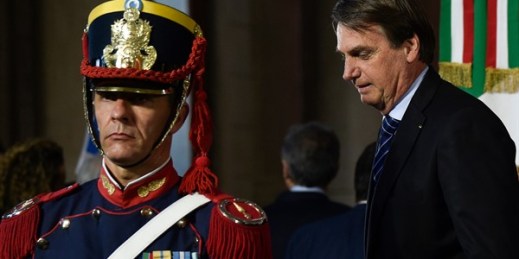
Relations between the four members of South America’s Mercosur trade bloc—Argentina, Brazil, Paraguay and Uruguay—are at their worst since the group’s establishment three decades ago. For months now, Argentine President Alberto Fernandez has been blocking a demand by Brazil and Uruguay to reduce Mercosur’s external common tariffs, in an attempt to protect domestic companies and prevent even further disruption to an economy mired in high inflation, currency problems and a prolonged recession. Frustrated, Uruguayan President Luis Lacalle Pou announced earlier this month that he would seek trade deals outside of Mercosur, which is prohibited by the bloc’s rules. Uruguay’s decision is not […]

